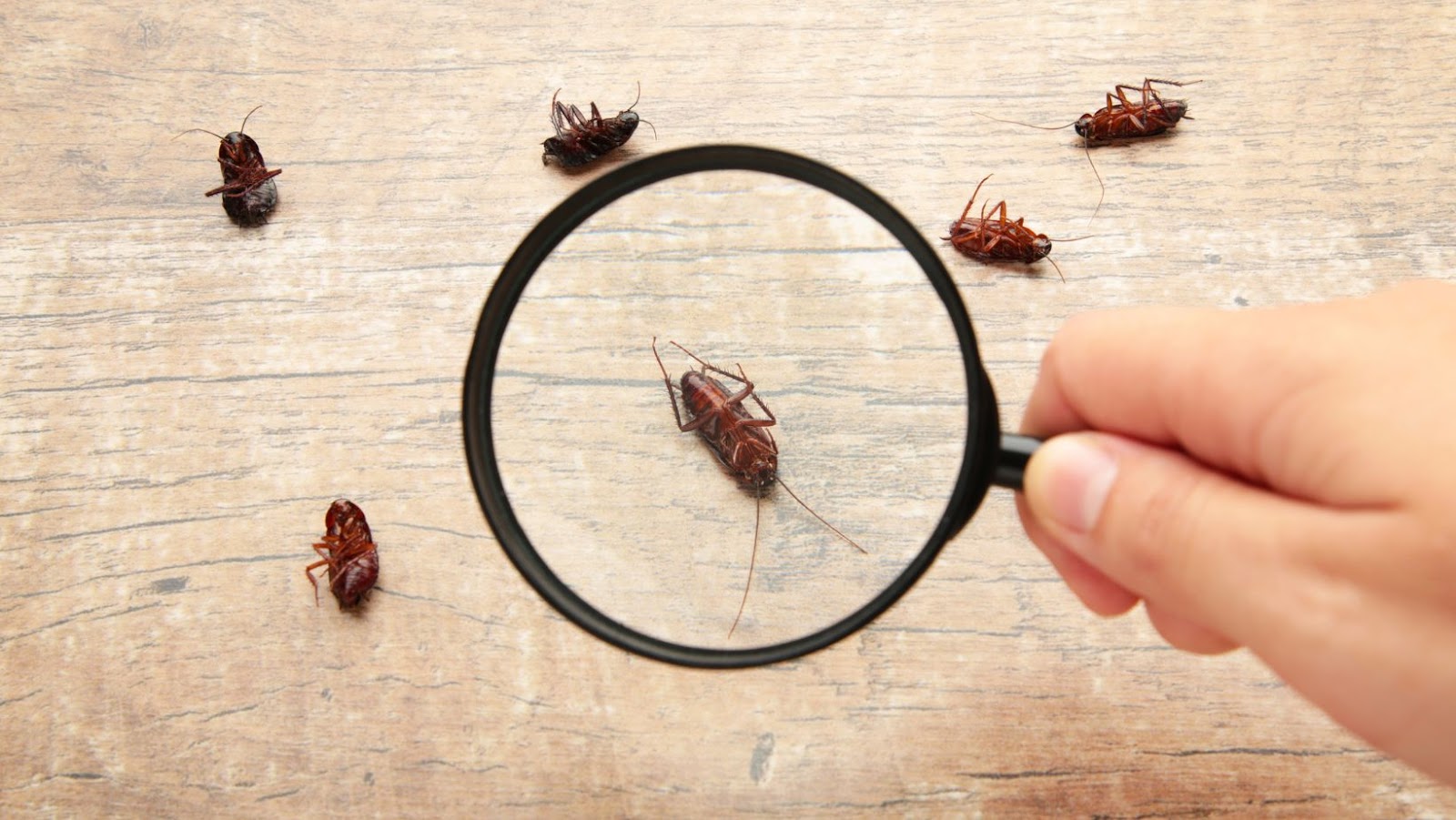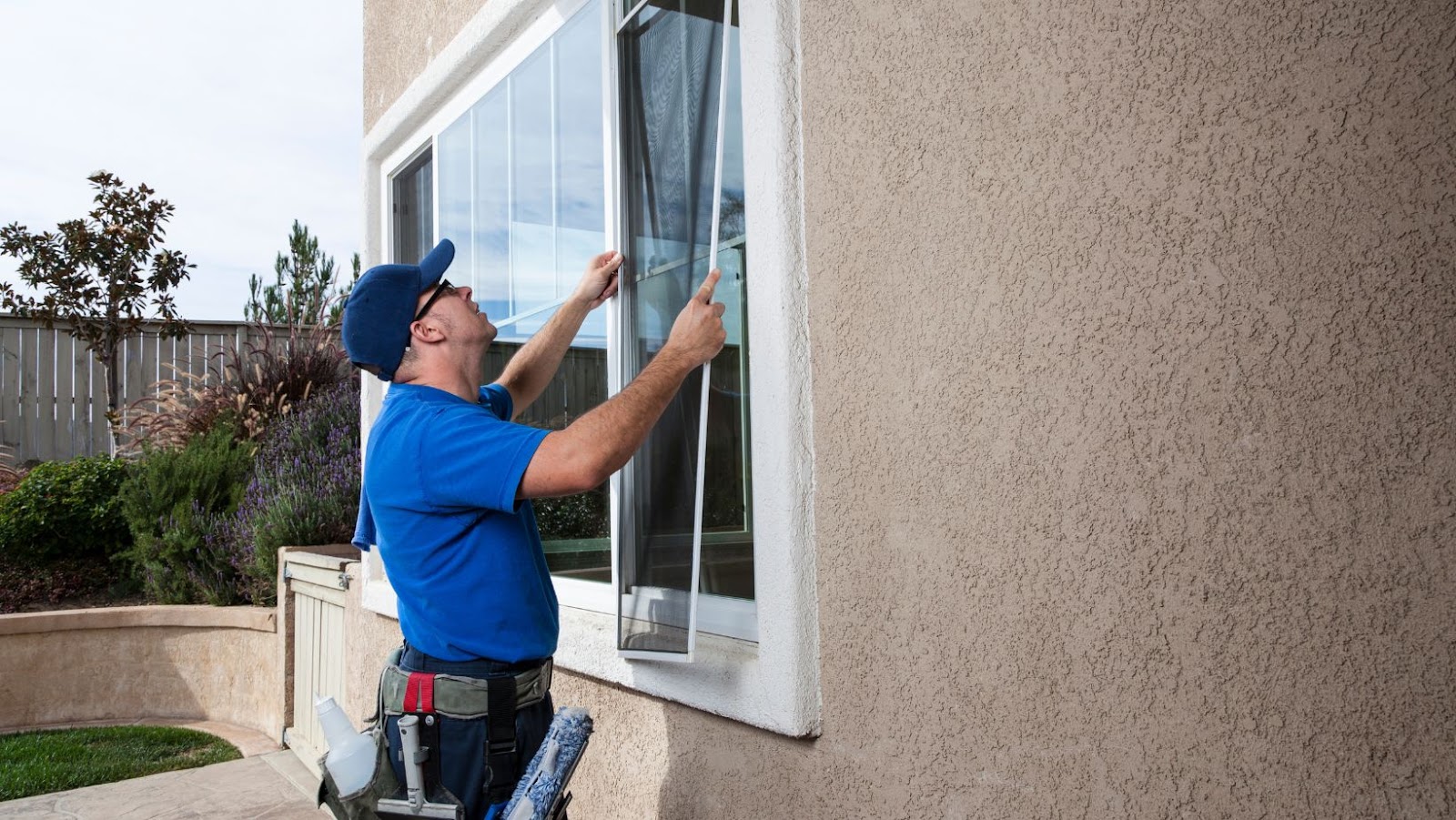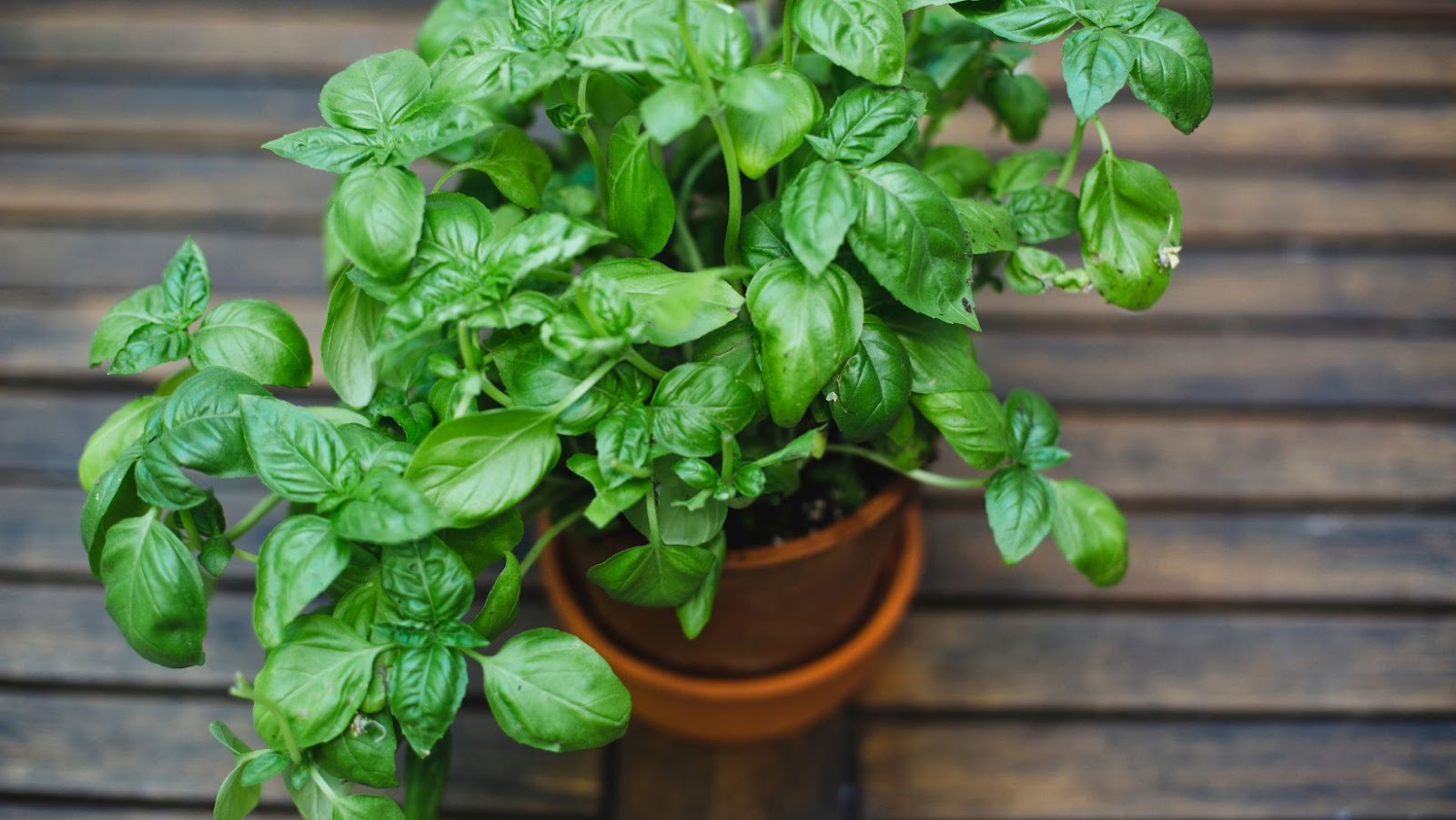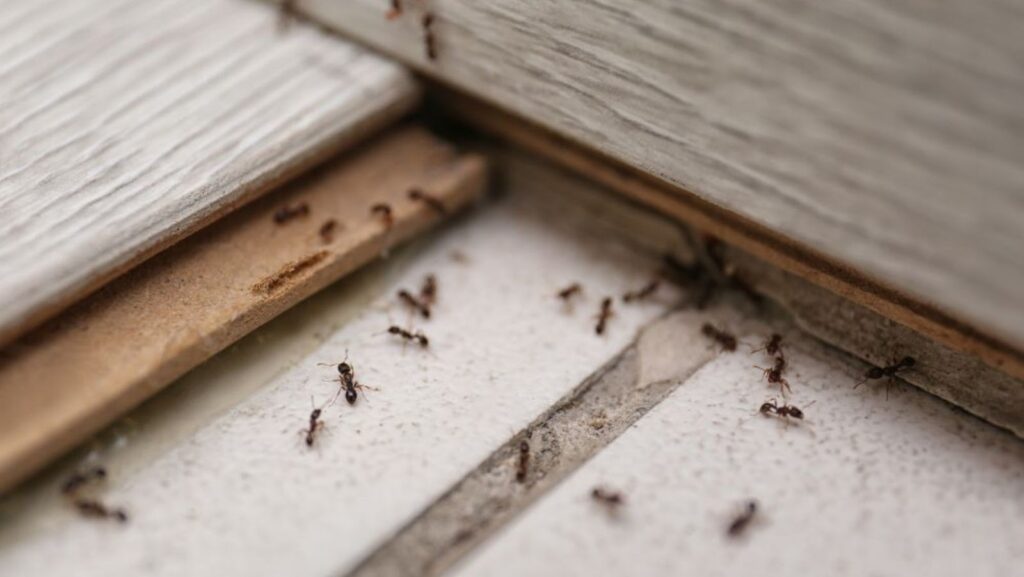Whether you want to keep your home pest free or you just want to keep your house clean, there are many different tips and tricks that can help you.
The most important tip is to remember that when you have a lot of bugs around, you need to make sure that you have a good sanitation system in place. This will make it easier for you to deal with them.
Kitchen
Keeping your kitchen pest-free requires good cleaning practices and basic maintenance, and it can be easier than you might think.
Cockroaches are common household pests that carry a variety of diseases. They also contaminate food in your kitchen.
Tips to Keep Your Kitchen Pest Free
You should clean your dishes immediately after using them. Also, rotate your dishes regularly. You should avoid leaving food out of sight, and you should remove food bowls after animals eat them.
Then you’ll need to seal holes and cracks that could lead to pest entry. This is especially important in the area beneath the sink. You should also check your closets and cabinets.
And lastly, be on the lookout for signs of dampness. A wet floor or damp walls can signal a leaky pipe. These can attract a wide variety of insects.
Declutter Your Kitchen
The best way to prevent these problems is to keep your kitchen free from clutter. You should organize your food and other kitchen items in drawers and cupboards.
You should also clean up any crumbs and dirt on the floor.
Vacuuming Your Kitchen Regularly
One of the simplest ways to keep your home pest-free in kitchens is to vacuum. Dust, dirt, and food particles are attractive to pests.
This is particularly true of wood floors, which are notorious for harboring crumbs and food particles.
Using the Right Pest Control Product
These products should be labeled for kitchen use, and they should be safe for your family. The best way to prevent bugs from contaminating your food is to store unopened food items in airtight containers.
Types of Pests That You Can Find in Your Home
There are some common pests that can be found in homes around the world.
Cockroaches
Cockroaches are among the most common pests. They are known to spread disease, cause allergies, and leave foul-smelling fluids behind. They also damage small indoor plants. If you want to get rid of roaches, you can use a chemical spray or a sticky trap.
Rats And Mice
Rats and mice are another type of pest that often invade homes. They can chew through electrical wiring, contaminate food, and introduce parasites. They are also attracted to damp areas. If you have a basement, you should keep it free of moisture.

Fleas
Fleas are tiny, dark-colored insects that can be found in carpets, furniture, and bedding.
They feed on the blood of their hosts and can often cause illnesses in humans, such as flea-borne typhus and plague. Fleas reproduce quickly and can lay up to 50 eggs a day which makes them very difficult to get rid of.
To prevent fleas from entering your home, you should vacuum regularly, wash bedding and furniture covers in hot water and use flea control products such as sprays or powders.
You can also have your pets treated with flea-prevention medications to reduce the potential for infestation.
Millipedes
Millipedes, another common pest, congregate in large numbers during autumn. They are forced out of hibernation and enter the house to feed on organic material. They can be found throughout the United States.
Spiders
Arachnids are also common in basements. You can control arachnids by using sticky traps, which are small sheets of plastic coated with adhesive. The insects will walk across the trap and become entrapped in the adhesive.
If you do have a spider problem, you can try to reduce their population by cutting off their food supply. This includes wiping up spills and storing all valuables in airtight containers.
DIY Pest Prevention
Cracks and gaps are a perfect way for bugs and critters to enter your home.
A reputable pest control company can inspect your foundation and help you find the source of the problem. If you’re willing to invest your time in this, here’s what you need to check:
Foundation
The foundation is the first thing a critter sees when it comes to entering your home. If you have gaps or holes, you can seal them with caulk or copper mesh. If you have smaller patches of gaps, you can use mortar.

Add Screens
Adding screens to large doors and windows can also keep bugs out. If you have a basement, you may want to consider installing a sump pump to reduce the amount of moisture in your basement, as moist places are a haven for pests.
Remove Clutter
You can prevent bugs from entering your home by removing clutter. Leaving piles of trash and yard waste on the ground can attract insects. Plants and bushes should be trimmed away from your home.
Clean Gutters
Make sure your gutters are clear of debris. They can also provide a breeding ground for insects. You should also trim branches that will be touching your home. These branches can act as a footbridge for insects to get from the ground to your home.
Mulch and Termites
Remove mulch from your foundation. Termites can grow in mulch. You should keep the thickness of the mulch at two to three inches. If you notice termites in your mulch, it’s best to have a professional check it out.

Plants as Repellents
Having plants around the house that repel insects can be a great way to make your home more livable.
There are many types of flowers and herbs that can help prevent pests. Keeping your home pest-free is not that hard. All you need to do is make sure that your plants are healthy and clean.
Marigolds
If you want to keep your house free of mosquitoes, try planting marigolds. These plants have a strong scent that discourages pests. They also grow well in combination with other flower varieties. They can be grown in pots or planted outdoors.
Basil
Basil is another plant that you can use to repel bugs. The scent of basil can be powerful. It is particularly effective against flea beetles and cabbage webworms.
Lavender
Lavender is another plant that you can use to deter flies. Its scent is so potent that it can be used to repel many types of bugs.
Final Word
Keeping your home pest-free is a process that requires continual effort. A little prevention and monitoring can go a long way in ensuring that your home is pest-free.
Keep a regular cleaning and inspection schedule, seal off any possible entry points for pests, use natural or chemical deterrents, and consider calling a professional if the problem persists.



More Stories
3 Signs You Need to Know When Hiring a Plumbing Company for Your Home
3 Benefits of Hiring Fence Contractors For Residential Fencing Services
When It Rains, It Floods: How To Survive Surprise Home Repairs Without Going Broke